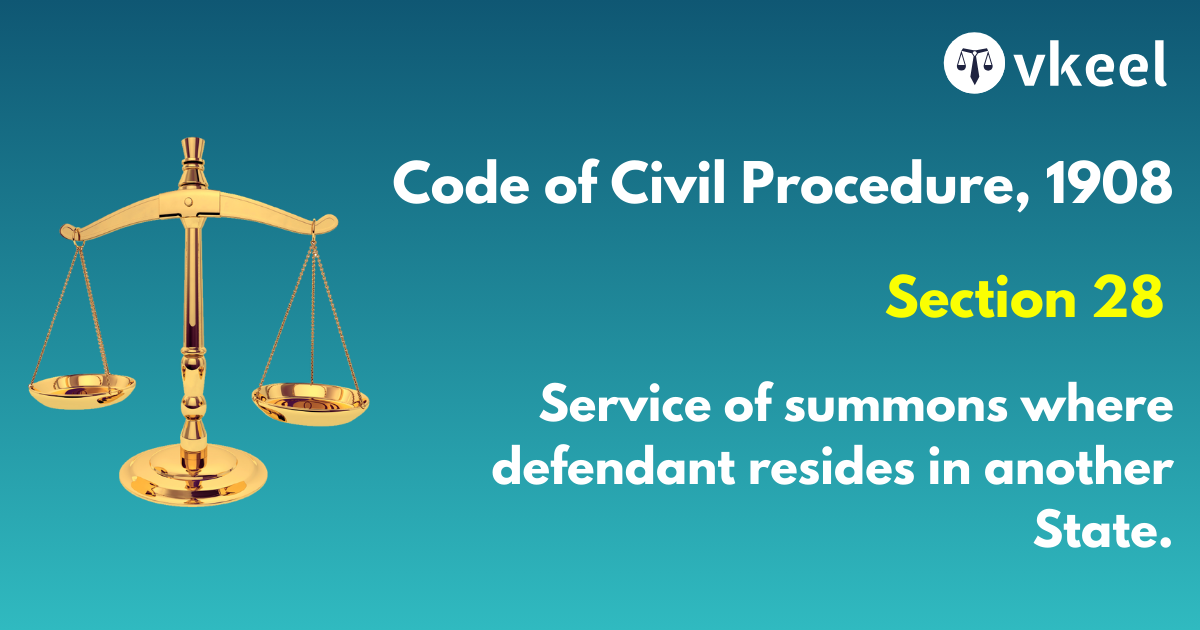Sec-5 BNS,2023
By Himanshu Kumar
Table of Contents
Introduction
Sec-5 BNS,2023 is one of the key provisions that has gained attention, which deals with the commutation of sentences.
This section with the broader objective of making justice more humane while balancing retribution and reform. The Bharatiya Nyaya Sanhita,2023 represents a significant overhaul of India’s criminal laws.
In legal meaning, the term “commutation” refers to the substitution of a lesser punishment for a more severe one . For instance, a death sentence may be reduced to a fixed-term sentence. Commutation power is typically vested in government , allowing for a degree of flexibility and mercy in the administration of justice.
Text of Sec 5 BNS,2023
As per Bare Act:
The appropriate Government may, without the consent of the offender, commute any punishment under this Sanhita to any other punishment in accordance with section 474 of the Bharatiya Nagarik Suraksha Sanhita, 2023.
Explanation.—For the purposes of this section the expression “appropriate Government” means, —
(a) in cases where the sentence is a sentence of death or is for an offence against any law relating to a matter to which the executive power of the Union extends, the Central Government; and
(b) in cases where the sentence (whether of death or not) is for an offence against any law relating to a matter to which the executive power of the State extends, the Government of the State within which the offender is sentenced.
Objective and Rationale Behind Sec-5 BNS,2023
Section 5 serves several key purposes within the Indian Criminal Justice System:
Humanization of Justice: By allowing for the commutation of sentences, Section 5 provides a legal mechanism for tempering the harshness of criminal punishment. It acknowledges that justice should not be rigid and purely punitive but must also take into account the possibility of reform and rehabilitation of the convict.
Flexibility for Special Circumstances: The provision allows the state to respond to exceptional cases where strict adherence to the original sentence may not be in the best interest of justice. This could be due to new evidence coming to light, an offender exemplary behavior during incarceration or humanitarian grounds such as old age , terminal illness or mental health issues.
Judicial and Executive Balance: By granting the executive the power to commute sentences, section 5 ensures that the administration of justice involves not just the judiciary but also the executive branch. This division of powers allows for a more holistic approach to justice, where sentences can be revisited in light of evolving circumstances.
Judicial Interpretations and Precedents
The power of commutation has been the subject of extensive judicial interpretation in India, particularly with respect to the death penalty. The Supreme Court of India has repeatedly emphasized the need for a cautious and humane approach to the commutation of sentences. Some landmark cases that have shaped the understanding of commutation include:
- Kehar Singh v. Union of India (1989)
- In this case, the Supreme Court held that the President’s power to grant pardons, reprieves, and commutations under Article 72 of the Constitution is subject to judicial review in cases where the decision appears to be arbitrary, capricious, or malafide.
- Shatrughan Chauhan v. Union of India (2014)
- The court ruled that undue delay in the execution of a death sentence could be grounds for commutation to life imprisonment. The court emphasized that the executive must act swiftly and responsibly in cases involving capital punishment.
- Mohd. Arif v. Supreme Court of India (2014)
- This case underscored the importance of ensuring that all legal remedies are exhausted before a death sentence is carried out. The court reiterated that commutation powers must be exercised with utmost caution and fairness.
Challenges and Criticisms
While Section 5 of the BNS, 2023, represents a positive step towards a more humane justice system, it is not without its challenges and criticisms:
One of the criticisms of commutation provisions is that they vest significant discretionary power in the executive branch. Critics argue that this power could be misused or influenced by political considerations, leading to inconsistent or unjust outcomes.
The commutation of sentences, particularly in cases involving heinous crimes, can sometimes be seen as undermining the rights of victims and their families. Victims may feel that justice has not been fully served if a convict’s sentence is reduced.
In some cases, there can be significant delays in the decision-making process related to commutation, leading to uncertainty for both convicts and victims. The judiciary has frequently expressed concern over the long delays in handling mercy petitions and commutation requests.
The reduction of sentences, particularly in high-profile cases, can sometimes lead to a perception that justice has been diluted. Public opinion can play a significant role in shaping how commutation is viewed, and there is often a tension between legal principles and popular sentiment.
Conclusion
Section 5 BNS, 2023, represents a thoughtful attempt to strike a balance between the demands of justice, mercy, and rehabilitation. By providing a clear framework for the commutation of sentences, the section ensures that the justice system remains flexible and responsive to the needs of individual cases. However, the success of this provision will ultimately depend on how it is implemented and interpreted in practice.
While Section 5 offers the potential for a more humane approach to criminal justice, it also raises important questions about the limits of executive discretion, the rights of victims, and the role of public opinion in shaping legal outcomes. As India moves forward with its new criminal law framework, the application of Section 5 will be closely watched, both by legal scholars and by the broader public, as a key test of the country’s commitment to balancing justice with mercy.
Disclaimer:
The information provided in the article is for general informational purposes only, and is not intended to constitute legal advice or to be relied upon as a substitute for legal advice. Furthermore, any information contained in the article is not guaranteed to be current, complete or accurate. If you require legal advice or representation, you should contact an attorney or law firm directly. We are not responsible for any damages resulting from any reliance on the content of this website.











